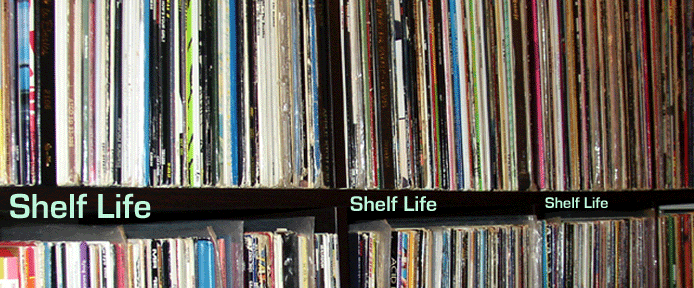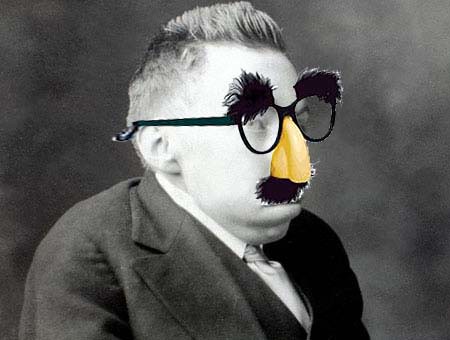So I missed posting on Monday which is ridiculous because I have no excuse. None whatsoever. I even had several mp3s uploaded and ready to go in case either team won. That's right: I planned on the possibility of the Giants actually winning. Seriously. I even won $20 on it.
So in honour of the Giants' victory, a week of Jersey's finest: the Boss. If you're a die-hard fan, Springsteen's never really made a bad album. Some are better than others, but they all have their merits. If you're a casual fan, like me, Springsteen came out of the gate strong, put out three absolute classics, then never made another great rock album after Born to Run. (Arguable exception: Tunnel of Love)
The qualifier rock album is important here. Every few years he takes a break from writing mediocre blue-collar stadium anthems, turns off his amps, and reminds anyone who forgot that he's probably the best songwriter of his generation (acceptable rebuttal: Elvis Costello). Hence Nebraska, The Ghost of Tom Joad, and that Pete Seeger tribute album from two years ago that I thought was the best thing he'd done since I can't remember. Seriously, go listen to it.
But Darkness on the Edge of Town is boring as f—k, The River is a little better but still doesn't touch the first three, et cetera etc. There are theories as to what went wrong (some of them hinging on the influence of superfan-turned-svengali Jon Landau), but I won't dwell on them here. (Okay, I'll give you a brief overview of my three-part hypothesis: the problem is (a) Bruce's ego, (b) Bruce's ego and (c) BROOOCE!) We're here to talk about the good times, and what remains is the music.
It's hard to see how bold Springsteen's debut must have sounded without proper context. To hear it for the first time today is to hear an uneven bar band fronted by an overeager lyricist trying to cram a few dozen syllables into each bar. What made it so different at the time, aside from Springsteen's precocious wordplay, was its classicist bent. Nowadays, this sounds like seventies rock. In the seventies, it sounded somewhat retro. Without resorting to slavish imitation, the band managed to invoke just enough of the past to sound like the entire brief history of rock n' roll unfolding in a single verse. The rhythm section packs the punch of a Stax/Volt session crew. The two-keyboard piano and organ combo recalls Dylan and the Band's rustic Americana. And most strikingly, the once dominant saxophone, a staple in rock n' roll combos before being laid to rest by the ascent of the Beatles, returns triumphantly in the form of Clarence Clemons's simple, growling melodies. Springsteen manages to borrow elements from gospel, folk, R&B and whatever other pre-rock style strikes his fancy and incorporate them into his own signature sound. In the age of dick-swinging arena rock and navel-gazing prog noodlers, he stuck out like a proverbial sore thumb.
What he adds to the mix is his still-developing lyrical voice, and my, what a wordy young fellow! At this point he's still dealing mainly in abstract images. The words are too impressionistic to cohere into anything tangible, but they're thrilling nonetheless. Later, he would learn to sketch vivid slice-of-life scenes and populate them with instantly familiar characters. A few more albums in and he would begin telling actual stories with beginnings, middles, endings, sinners, saints, redemption. But it started out as just a bunch of words.
I hadn't listened to the album in a while before taping these tracks. The hits were "Blinded By the Light" (an even bigger hit for Manfred Mann) and "Spirit in the Night"; you know those already. I picked "Lost in the Flood" because the lyrics jumped out at me and because I liked the build-and-release of the arrangement. I picked "For You" because the band kicks ass on it. No better reason, really.
From my deck to you: Bruce Springsteen – "Lost in the Flood" and "For You"


1 comment:
Post a Comment